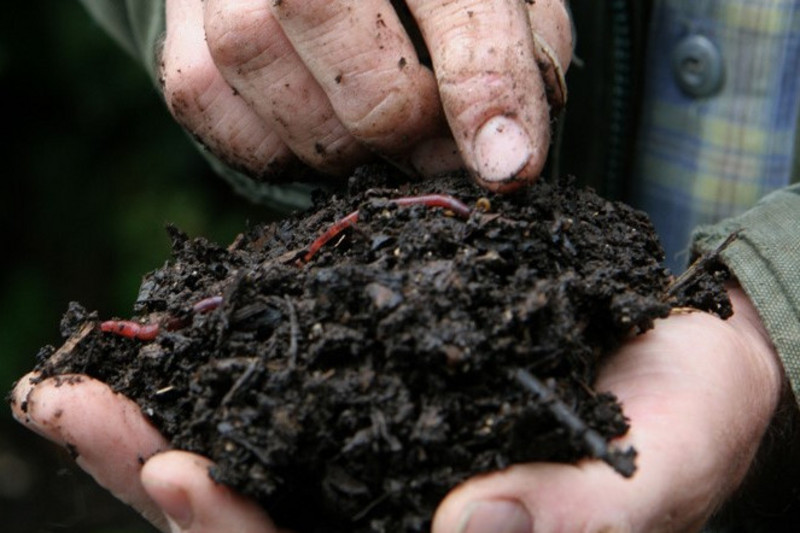Project Partner Earthworm: Bioland Research Project "VermiSoilBiome"

One-sided agricultural land use is leading to a dramatic decline in the fertile humus layer worldwide. Recent findings on the central role of the soil microbiome and its countless microorganisms have increased the demand for microbially effective fertilizers. This is precisely where the three-year research project launched by the Bioland Foundation in September 2024 comes in. In cooperation with the Helmholtz Center Munich and the TUM School of Life Sciences in Weihenstephan, it is investigating how vermicompost can contribute to the careful use of the soil microbiome. The aim is to develop inexpensive yet highly effective methods for natural plant strengthening that also contribute to humus formation.
In contrast to conventional thermal composting processes, vermicomposting uses compost worms to decompose organic materials. This eliminates the need for expensive and labor-intensive processes such as turning the rotting material. Instead, the worms work their way through the substrate in layers, leaving behind a particularly humus-rich compost. This method is not only suitable for farms, but can also be used in small balcony systems or large, automated compost systems.
"Earthworms have been doing their work in natural cycles for 200 million years - more efficiently and sustainably than any industrial process," explains SAGST project manager Anne Bresser. "Our project aims to show how vermicompost can be used as a sustainable method of soil improvement worldwide. Because we need a more resilient agriculture that relies on the strength of nature instead of being dependent on industrial preparations."
Studies are currently underway on five organic farms in Germany, including the biodynamic Schönberghof farm in Rosenfeld (Zollernalb district). As part of the study, the microbial composition of vermicompost is being analyzed and compared with other compost. This will be followed by container trials in the greenhouse to determine the optimal forms of application for the barley crop. In a final step, field trials will test the long-term effects on soil fertility. All trial phases should be completed by summer 2027 - with the aim of providing practical solutions for farmers.
